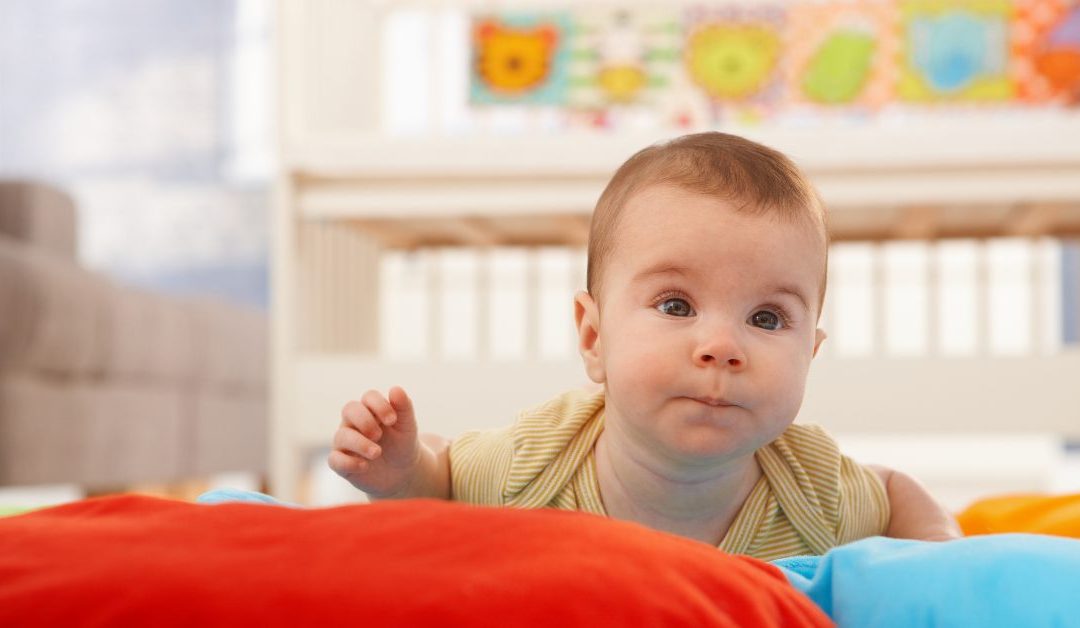A great deal of thought and care goes into the timetabling of our whole-service music classes. Our expert teachers are always on the lookout for ways to make things flow perfectly, and we pay close attention to the various rhythms of the early education and cares services we visit.
Planning for Focused Attention
Something we take great care with is class length. We aim for children to have periods of focused attention throughout our classes, though we also recognise and acknowledge that engagement can present in a number of ways in children. Focused attention is important for children’s development as it is during periods of this that cognitive information processing (learning) takes place. Research shows that very generally speaking, children can give focused attention (sustained and active engagement) to a task for 2-3 minutes per year of age.
To accommodate this, our lessons are divided into short, interrelated segments, and the length and complexity of these segments increases with the age of the children we are teaching. For example, in a Toddler class children might be singing a song and moving their bodies to the beat for two minutes, and then they might move into large motor movements around the room as part of dramatic play. They might then sit and quietly sing a lullaby while rocking a teddy bear, then listen to a story.
What is the Perfect Music Class Length?
We find that the perfect length of time for a carefully planned and delivered music class in lower early childhood is 20 minutes. Depending on the cohort, we find that children in upper early childhood (around age 3.5 – 5 years) are sometimes able to sustain attention for 25-30 minutes, particularly later in the year as the group as a whole becomes older.
As always, our aim is to promote children’s physical, emotional, social, cognitive and, of course, musical development, to bring fun and joy to their days and to foster a lifelong love of music.

